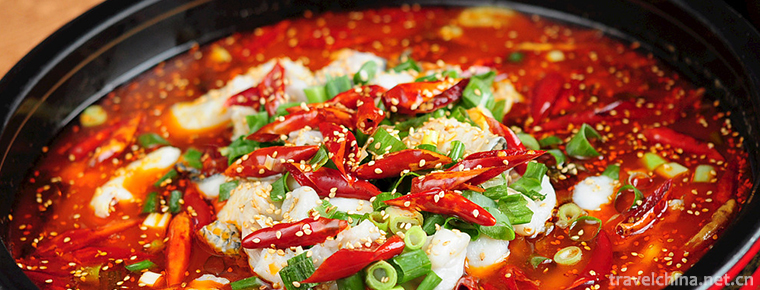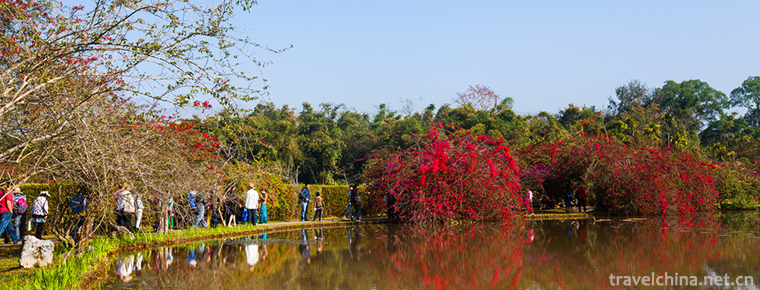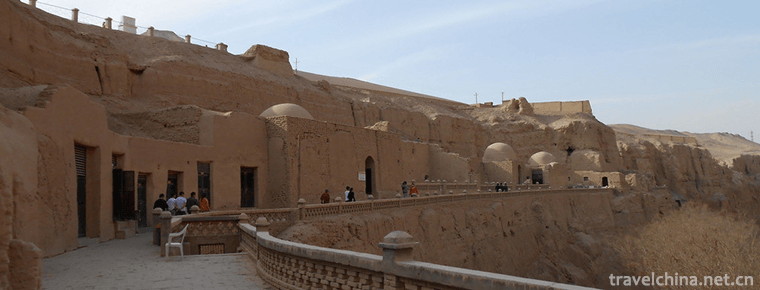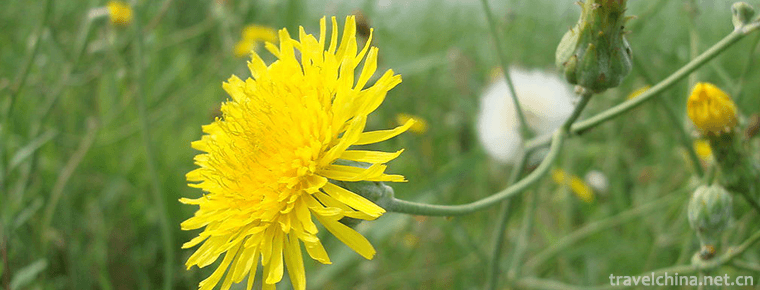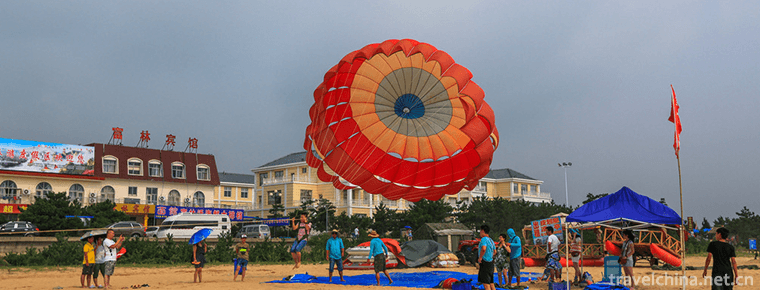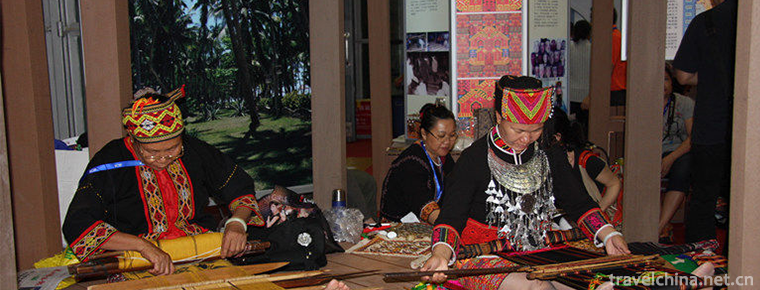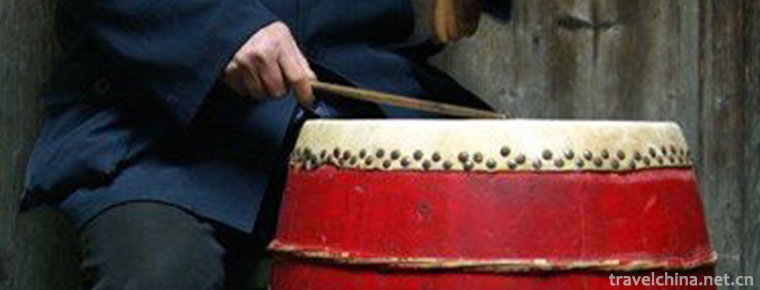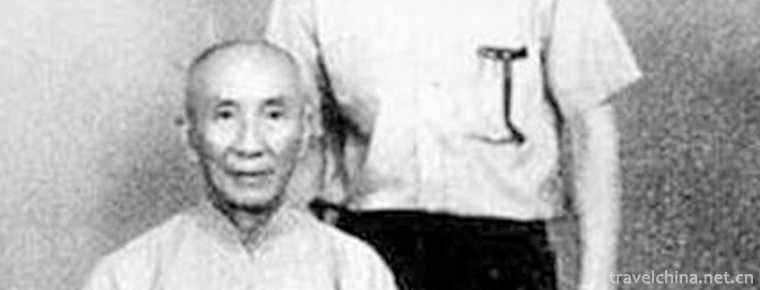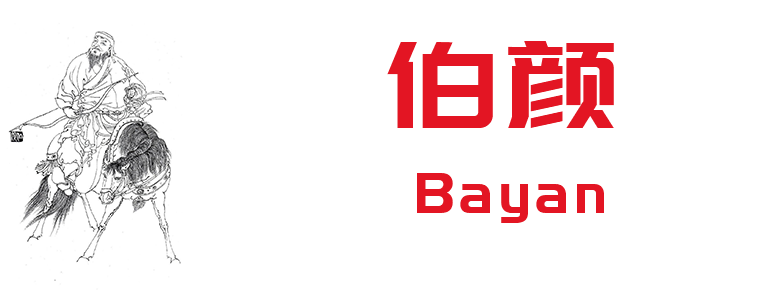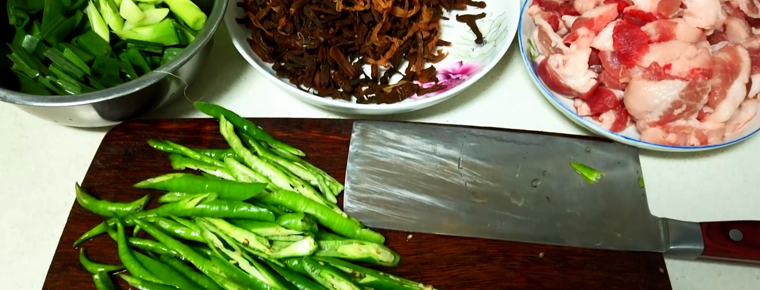Heyang jumping drama
Heyang jumping drama
Heyang Dance Opera is a kind of local opera in Heyang County, Shaanxi Province. It belongs to the nature of social opera. When performing, there is no singing voice, no string accompaniment, only gongs, drums, cymbals and suonas. The performers complete the tasks of "singing" and "singing". The main way to communicate with the audience is the more mechanical ancient ethnic dance movements. Dance dramas are mostly about the Three Kingdoms, Water Margin, Westward Journey, Fengshen, Yang Jiajiang, etc. They are also known as "Wentiao" as "agate cup". The lines of Dance Drama are concise, elegant and popular, mostly four sentences and seven sentences.
On June 7, 2008, Heyang Dance Opera declared by Heyang County of Shaanxi Province was listed in the second batch of national intangible cultural heritage list with the approval of the State Council.
Historical origin
Pioneering stage
Dance Drama was founded in the Jin and Yuan Dynasties. In the Qing Dynasty, Hanlin, Heyang, Anxi Hou Shiyun said, "Dance joins Chuntai and traces its origin to Jin Dading. It's time to celebrate the festival. According to the old artist Dang Zhengjie of Heyang Xingjiazhuang Village, there are dance performances in this village, which can be traced back to the Wanli period of the Ming Dynasty (1573-1619). At this time, the village has Dang Guiyi, a famous opera dancer. During the reign of Tianqi (1621-1627), the village was also famous for dancing performances such as Dangyiping and others. During the reign of Qianlong and Jiaqing in the Qing Dynasty (1736-1820), there emerged not only Dang Jiuzhao and Dang Linzheng, but also two brothers Xu Liantang (also known as Bingjian) in Xinli Village. They had once joined the theatre as Hanlin and Gongsheng, dressed up as Shengdan, stepped on the same platform with villagers and spread a good story.
During the reign of Daoguang and Xianfeng (1821-1861), dancing opera was the most prosperous. Only villages along the river (Yellow River) in Heyang had more than 30 theatre clubs. With Xingjiazhuang and Xinli villages as the center, they are widely used in Songjiazhuang, Yuezhuang, Nanyizhuang, Beiwuren, Fangzhen, Baiban, Dongwang, Nanshun, Beishun and Kunlong villages and towns. In addition, it goes north to Chichuan Town in Hancheng, south to Lizhuang in Chaoyi, and west to Chengcheng Temple, Yeshan and other areas. Xingjiazhuang Dance Opera is divided into four groups: East, West, South and North. The West Society is famous for its literary operas and the East Society is famous for its martial arts operas. The outstanding artists are: Li Youcai in Daoguang period, Party Zuozuo in Xianfeng period, Party Longevity in Tongzhi period, Party Iron Dog in Guangxu period, etc.
the Republic of China era
After the Revolution of 1911, because of warlords'fighting, the activities of dancing theatre clubs were decreasing day by day. Apart from a few village clubs such as Xinli Village and Xingjiazhuang Village in Dongxiang, Heyang, there were performances, but other village clubs' dancing activities disappeared. During the War of Resistance Against Japan and the War of Liberation, along the Yellow River, there were frequent wars, serious economic damage in the countryside, and the dance troupe club was almost extinct. Only Xingjiazhuang could perform. Many distinctive plays have also dropped out. As the famous expert Zhuangzhuang "Dian Shuai" said in his "Spring Festival Ci" compiled by himself in the thirty-fifth year of the Republic of China (1946), "Last year, he died of Guo Erdan, and later it was difficult to jump"White Water Beach". At the beginning of this year, Run-chuan decided who could jump"Ningwuguan"."Since then, although the art of jumping opera has been passed down, it is difficult to compare with the past.
After liberation
In the spring of 1949, Heyang was liberated. At the military-civilian festival, the Xingjiazhuang Dance Theater Company performed the mythical martial arts drama "Fire Mountain". In 1957, the village also participated in the Third Shaanxi Folk Music and Dance Congress, performed the mythological drama "The Red Child", won the first prize for collective performance, two second prizes for individual performance, and the advanced prize for excavating and sorting out folk art.
In 1963, Nanyizhuang resumed performing traditional programs, which lasted for two days and three nights. In 1979, Xingjiazhuang resumed performing such dramas as "Old General Wins", "Warhorse Chao" and "Zhanpanhe". In 1982, he performed "Fishing Tax" and "Yanqing Dazhao", and trained a group of young actors, which made this ancient opera obtain a new artistic life.
Brief introduction of operas
Heyang Dance Opera is a kind of local opera in Heyang County, Shaanxi Province. It belongs to the nature of social opera. When performing, there is no singing voice and no string accompaniment. It only uses gongs, drums, cymbals and suonas. The performers complete the tasks of singing and singing with "speaking" and "singing". The main way to communicate with the audience is the more mechanical ancient ethnic dance movements.
Plaza dancing is a pure martial arts repertoire, all of which are indicated by dance movements. Before the Lantern Festival, enter the climax until the end of the dumb jump on January 13.
On the 14th of the first month, a stage jump will be held. At the beginning of the performance, gongs and drums are opened to attract people to gather; then the "Spring Officer" is played by "Diao Shi" or "Lao Jia" or "Shi Mu", wearing scarlet official clothes and round-wing veil caps, with ugly tofu blocks, hand-dancing fans appearing on the stage, with no fixed words, improvised self-compiled, or expressing local scenery; or complaining about the hardship of farmers'livelihoods; or complaining the oppression of officials and gentry, the name of the governor is called scolding, wantonly. Teasing; or talking about the cast, introducing each person's special skills and good play. Take the opportunity to express one's heart and mind. This form is similar to the "opening of the deputy end" in Yuan and Ming Zaju and the "leading actor" in Song Zaju.
Whether it's a newly built stage or an original theatre building, all Spring Officials have to perform superstitious operas before they enter the stage, such as "Chicken Bite Altary", "Heavenly Official Blessing", "Five Ghosts Running Judgment", "Quixing Dou" and so on. Since the founding of the People's Republic of China, it has ceased to play. When Chun Guan came off, he performed martial arts programs, commonly known as "Da Tai Zi", and then he performed a discount opera or this opera.

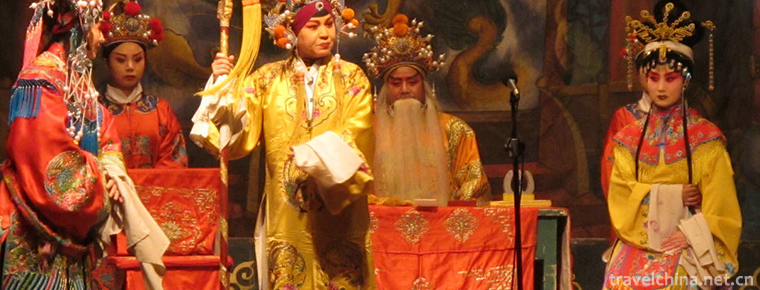
Heyang jumping drama
-
Sliced Fish in Hot Chili Oil
Boiled fish, also known as river boiled boiled fish and boiled fish fillet, was first popular in Cui Yun Township, Yubei District, Chongqing.
Views: 265 Time 2018-10-27 -
XiShuangBanNa Tropical Botanical GardenChines
Xishuangbanna Tropical Botanical Garden of the Chinese Academy of Sciences, National AAAAA Tourist Scenic Area, is located in Huludao, Mengla Town, Mengla County
Views: 170 Time 2018-12-12 -
Bezeklik Thousand Buddha Caves
The Qianfo Cave in Bozikrik is located on the cliff on the West Bank of the Wood Trench, 45 kilometers east of Turpan City, Xinjiang. There are 83 caves and 57 caves
Views: 144 Time 2019-01-02 -
Qianchuan Scenic Spot
Qianchuan Scenic Spot, a national-level scenic spot announced by the State Council in 2004, is situated on the Bank of the Yellow River 20 kilometers east of Heyang County
Views: 123 Time 2019-02-07 -
Rizhao Seashore National Forest Park
Rizhao Seashore National Forest Park is located in the north head of Rizhao North Coastal Road, Shandong Province. In 1992, it was approved by the former Ministry
Views: 218 Time 2019-02-07 -
Traditional Textile Dyeing Weaving and Embroidery Techniques of the Li Nationality
The traditional spinning, dyeing, weaving and embroidery techniques of the Li nationality, the traditional handicraft techniques of Hainan Province, are one of the national intangible cultural heritag
Views: 106 Time 2019-05-12 -
Lishui drum words
Lishui Drum Ci is a popular rap art in Liandu and its surrounding areas in Lishui City, Zhejiang Province. Lishui Drum Ci originated from the Tang Dynasty. During the reign of Emperor Li Shimin, it wa
Views: 351 Time 2019-05-13 -
Yongchun Quan
Yongchun Quan is a traditional Chinese martial arts, a technology to stop invasion, a positive, streamlined and legitimate defense system, and the legal use of force. Compared with other traditional C
Views: 232 Time 2019-07-14 -
Bo Yan
Bo Yan (1236 - January 11, 1295), eight neighbouring people in Mongolia. Yuan Dynasty Famous ministers in early years
Views: 241 Time 2019-09-14 -
Stir fried pork with salted vegetables
Stewed pork with dried plum is a famous traditional flavor dish in Shaoxing, Zhejiang Province. The main raw materials are dried plum and streaky pork. Dried vegetables absorb meat fat to remove astri
Views: 474 Time 2020-03-18 -
Chengdu Giant Panda Base tourist service
The tourist center is located 40 meters to the left of the entrance door of the scenic area (first floor of the Giant Panda Museum), with a building area of more than 400 square meters.
Views: 349 Time 2020-12-13 -
Population of Mianyang
By the end of 2018, the total number of households in Mianyang was 2 million 61 thousand and 800, and the registered residence population was 5 million 362 thousand. At the end of the year, there were 4.857 million permanent residents, with the urbanization
Views: 126 Time 2020-12-14
